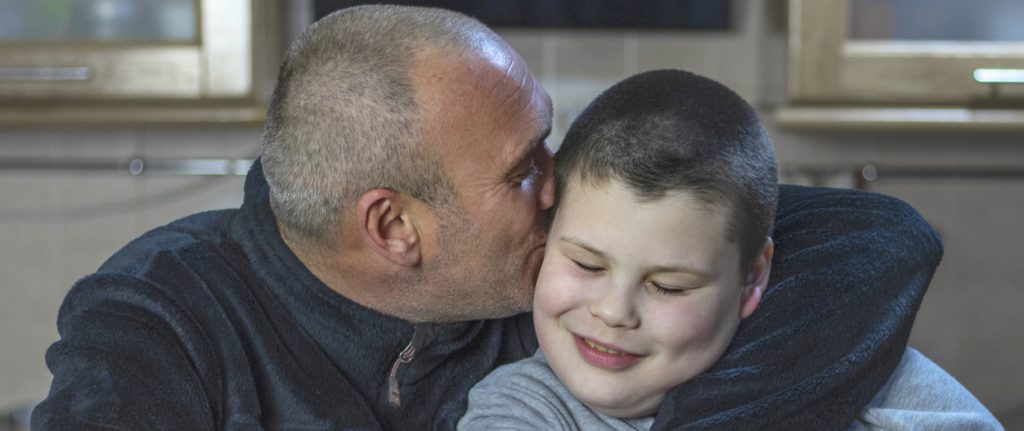Carlo, Betina, Clara & Davi
One diagnosis. One Family. One big dream.
After seeing that their daughter Clara has some mobility issues, Carlo and Betina were surprised to get the news from the doctor that Clara had a stroke and her life would be a mess, not being able to do anything.
After the initial shock, they decided to build the best life they could for Clara and look beyond the limits. Today Clara is 16 years old. Clara can understand Portuguese, Italian and English even if she does not speak, write or read.
Carlo and Betina decided to follow Clara and build a future together, and today Clara is an international painter and a model. One year ago, they moved from Italy to California because Clara got an American visa as an extraordinary talent.
Together with Davi, Clara's brother, this family decided to believe in Clara's big dream to exhibit in New York as Frida Kahlo did. Despite the difficulties and fears, they are raising their voices to break barriers and create opportunities for talents that are not seen because of their diversity.
It all started in 2006 when Clara was born. To make a short story, we found out that Clara had had a prenatal stroke and, consequently, terrible brain damage.
In the beginning, doctors said that Clara would not have an easy everyday life. "Your daughter cannot organize her brain. Your life will be tough. She will not be able to speak, walk, run, imitate..."
We accepted Clara with her limitations, but we decided to give her the best life possible. In 2016 Clara started to attend painting classes, but in the beginning, she destroyed her works. Slowly, slowly she begins to express herself with colors, shapes, and a beauty that touches the soul.
The artistic path with Astrid Hohenegger, her first teacher, was fundamental in her art. In November 2017, I gave Clara a book about Frida Khalo.
Clara connected with Frida's art and life. One evening, sitting on the sofa, Clara opened the text on the page where Frida was in New York in her exhibition and said to me: "Mom, I would like to do my show in New York, as Frida did."
That evening Clara challenged me, and I said: Yes, let's try!
Since then, Clara has made around 30 exhibitions on three continents, sold more than 650 paintings internationally, and we moved to California after holding her American Visa as an extraordinary talent.
As a family in 2019, we made one of the most difficult decisions of our lives: to sell our company to follow our heart and develop Clara's brand.
Today Clara and I are partners in this adventure, and we count on the 360-degree help of Carlo. He has proved to be a great facilitator of Clara's artistic work and knows how to motivate her to go beyond every limit. Davi is a blessing to our family and he is also part of all these, he is always ready to help us in everything.
Clara woods Collection talks about diversity, inclusion, and equality. Her art speaks of the hope of chasing a dream and the beauty of risking everything to pursue something unconventional. It speaks of love and resilience.

